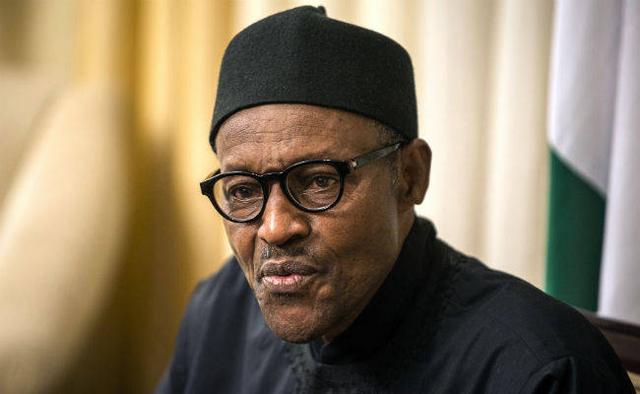
Lagos, Nigeria | AFP | A photograph of a man with an assault rifle in front of cattle is frequently used to illustrate Nigerian media stories about bloody clashes between farmers and herders.
Another shows men armed with machetes on the rampage.
The issue with both is they have nothing to do with Nigeria or the violence: one is from South Sudan, the other from the Central African Republic.
The conflict in Nigeria looks set to be a key issue in the run-up to next February’s presidential election at which President Muhammadu Buhari is seeking a second term.
How it is reported could be key to the results but the Nigerian Union of Journalists (NUJ) and Buhari’s spokesman, Garba Shehu, are already unhappy.
Shehu said “the frequent expressions of hate speech… (were) a source of concern” and drew comparisons to the incitement to violence before the genocide in Rwanda in 1994.
“Those beating the gongs of war and fanning the embers of discord” should be brought to order, he said in a statement in February.
Parliament is now debating new legislation to criminalise hate speech.
– Outright fabrication –
Buhari’s response to the crisis has by many accounts been tepid, despite the deaths of hundreds of people since the start of this year, mainly in Nigeria’s central states.
The so-called Middle Belt, where the predominantly Muslim north meets the largely Christian south, has long been a flashpoint for clashes between the two sides.
But what is primarily a battle for land and water fuelled by climate change and rapid population growth has been seized upon by identity politicians and religious leaders.
In Benue state, where Governor Samuel Ortom banned open grazing for cattle, 73 people from farming communities were killed in one attack in January.
He alleged afterwards there was an orchestrated plot by the nomadic Fulani herders, who are Muslim, to exterminate his people, the Tiv, who are Christian.
The Miyetti Allah Cattle Breeders Association of Nigeria (MACBAN) rejects the claim.
Many media reports of attacks, however, suggest religious differences are a prime motivation.
Social media users and bloggers in particular have been accused of sensationalism and developing the trope about “killer herdsmen” with outright falsehood.
The Kogi state police commissioner Ali Aji Janga told AFP last month that several reports were entirely fabricated or ascribed to Fulani herders when it was general criminality.
One report, in which Fulani herders were said to have killed 10 people in a village, including the local chief and his wife, was “a figment of imagination”, he said.
“The report was not only false, it was mischievous aimed at distorting the peace in the state,” he added.
– ‘Ethnic profiling’ –
Critics of Buhari have said the herders have become emboldened since he came to office three years ago because of his failure to address the underlying issue.
Thousands of people have beenlk killed over several decades but the former military ruler is also a Fulani Muslim and has been accused of not wanting to act against his kinsmen.
 The Independent Uganda: You get the Truth we Pay the Price
The Independent Uganda: You get the Truth we Pay the Price



